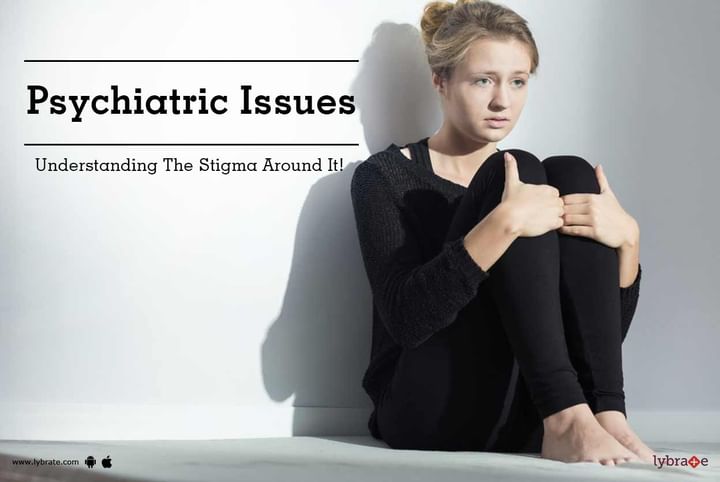Psychiatric Issues - Understanding The Stigma Around It!
We have heard people talk about diabetes, heart disease, and high cholesterol with no guilt or embarrassment. This is despite the fact that these are lifestyle-induced and could have easily been prolonged or prevented with some lifestyle modifications. However, we do not hear people talk about depression or anxiety disorder or any other mental disorder with such candidness. For example, depression is extremely common, with greater number of younger people taking to subscription medications for the condition. However, it is not yet acceptable to say that they are taking medications or are undergoing counseling to overcome depression.
Stigma is when you are looked at differently because you have a particular trait or a feature. This is a strongly ingrained characteristic, where we are used to making fun about people who are physically different – could be fat, thin, tall, stout, dark, different hair, etc. The list can be too long.
Features of stigma
When a person with mental illness is ignored, the stigma triggers off the following reactions.
- When someone is stigmatized because of their mental illness, gradually, the person feels abandoned and withdraws into a shell. The miserable feeling of being abandoned by family and friends increases loneliness, which only makes it worse.
- The abandonment makes them reluctant to seek training. Instead, being supportive would have helped.
- The stigma is spread across layers of society, and reduces work opportunities and other social activities.
- Inadequate coverage by health insurance, leading to refusal to seek treatment
- Physical or psychological abuse or bullying by friends
How to overcome this stigma
- Admit it: The first step is to acknowledge the problem. While it is not easy, once done, it solves half the problem. Admitting and seeking out help is best done as early as possible.
- Stigma should not originate from self: Yes, the others can, but let not the stigma be self-started. Do not isolate yourself from your circles, both family and friends. Stand up and admit the problem once or twice, and there would be a lot more support from people who genuinely care for you.
- Support groups: In this age of social media, there are multiple support groups. You can even be anonymous and talk your heart out. Speaking out your heart will go a long way. It also establishes that you are not alone who is suffering, and there are more out there.
While it is perfectly okay to talk to a nutritionist about how to handle the bodily changes, why not a psychiatrist for a quick chat about mental well-being? Think about it! In case you have a concern or query you can always consult an expert & get answers to your questions!



+1.svg)
